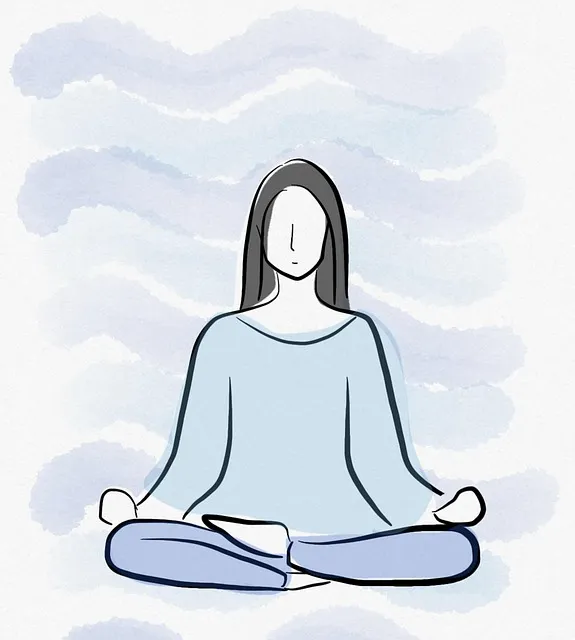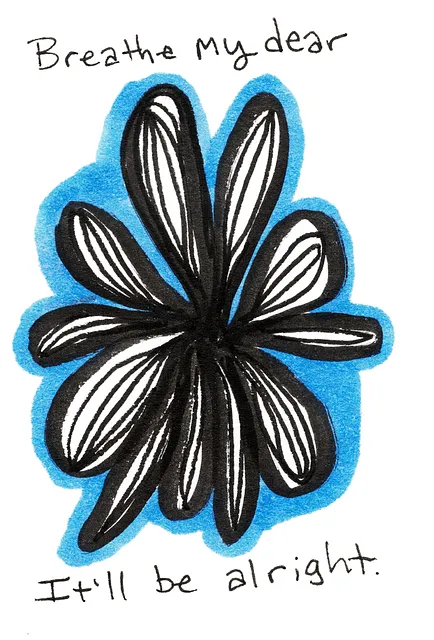The Parker Kaiser Permanente mental health center's visiting hours offer a unique, supportive environment for individuals dealing with mental health challenges through group facilitation. Facilitators utilize diverse communication strategies and activities to empower participants, helping them develop new perspectives, improve self-care, build resilience, and cultivate long-term mental wellness. These sessions, combined with scheduled visiting hours, provide emotional support and social interaction, enhancing patient recovery and treatment outcomes. Effective facilitation techniques, integrating mental health education and community outreach, create a safe, inclusive space where individuals can share openly, reduce stigma, and manage their emotions effectively.
Mental wellness group facilitation plays a pivotal role in enhancing collective well-being. This article explores effective techniques and strategies for facilitators, drawing insights from the structured environment of the Parker Kaiser Permanente Mental Health Center visiting hours. We delve into creating safe, inclusive spaces, understanding diverse mental health needs, and employing proven methods to foster meaningful connections and support within group settings. By mastering these skills, facilitators can revolutionize mental healthcare through group dynamics.
- Understanding Mental Wellness Group Facilitation
- Parker Kaiser Permanente Mental Health Center Visiting Hours: A Resource for Support
- Effective Techniques for Group Facilitators in Mental Health Settings
- Creating a Safe and Inclusive Environment for Mental Wellness Groups
Understanding Mental Wellness Group Facilitation

Understanding Mental Wellness Group Facilitation
Mental wellness group facilitation is a specialized approach to supporting individuals navigating mental health challenges. It differs from individual therapy in that it brings together a diverse group of people with shared experiences, fostering a sense of community and mutual support. At the Parker Kaiser Permanente mental health center visiting hours, facilitators play a crucial role in creating a safe and inclusive environment where participants can openly discuss their struggles and strategies for coping. These sessions often incorporate various communication strategies tailored to enhance mental health awareness and reduce the stigma associated with mental illness.
Effective group facilitation techniques empower individuals to share their stories, learn from one another, and develop new perspectives. By engaging in group discussions, activities, and exercises, members gain valuable insights into managing symptoms, improving self-care practices, and building resilience. Through active participation, they cultivate coping mechanisms that extend beyond the session, promoting long-term mental wellness and enhanced quality of life.
Parker Kaiser Permanente Mental Health Center Visiting Hours: A Resource for Support

The Parker Kaiser Permanente Mental Health Center offers a supportive environment for individuals seeking mental wellness services. One valuable aspect to note is their visiting hours, designed to provide patients with a sense of connection and community. These scheduled times allow loved ones and friends to visit and offer emotional support, playing a crucial role in the patient’s recovery journey.
Incorporating visiting hours into the treatment plan can significantly enhance a patient’s experience, promoting social interaction and a boost in confidence. It also serves as an essential tool for risk management planning for mental health professionals, as it provides structured moments to monitor and assess patients’ progress while fostering open communication about their well-being. Moreover, witnessing the support network surrounding them can encourage individuals to develop and maintain healthy self-care routines for better mental health.
Effective Techniques for Group Facilitators in Mental Health Settings

Effective techniques for group facilitators play a pivotal role in fostering positive outcomes within mental health settings, such as those found at the Parker Kaiser Permanente mental health center visiting hours. Engaging activities are crucial for creating a safe and supportive environment where individuals can connect, share experiences, and develop coping strategies. Facilitators should encourage active participation by employing diverse methods like open-ended discussions, role-playing scenarios, and interactive exercises tailored to the group’s unique needs.
One powerful approach is integrating mental health education programs design elements that provide participants with valuable knowledge and skills. This can include teaching stress management techniques, mindfulness practices, and emotional regulation strategies. Additionally, incorporating community outreach program implementation allows facilitators to connect clients with external resources, enhancing their support network. Through these methods, group sessions become transformative experiences, empowering individuals to navigate their mental health journeys with renewed coping skills and a sense of community.
Creating a Safe and Inclusive Environment for Mental Wellness Groups

Creating a safe and inclusive environment is paramount when facilitating mental wellness groups, especially at centers like the Parker Kaiser Permanente mental health center. Ensuring every member feels welcomed and respected fosters open communication and encourages active participation. This involves establishing clear ground rules from the outset, promoting active listening among participants, and encouraging empathy and understanding. The design of these sessions should reflect principles of Mental Health Education Programs, creating a non-judgmental atmosphere where individuals can share their experiences without fear of stigma or discrimination.
Facilitators play a crucial role in setting the tone, using techniques like normalizing diverse emotions and experiences, validating individual perspectives, and modeling appropriate coping strategies. By fostering a sense of belonging, these groups become powerful tools for Stress Reduction Methods, as members learn from one another, build support networks, and develop effective Mood Management skills tailored to their unique needs and challenges.
Mental wellness group facilitation is a powerful tool, as evidenced by successful programs like those at the Parker Kaiser Permanente Mental Health Center. By adopting effective techniques and creating safe, inclusive environments, facilitators can significantly enhance participants’ well-being. Understanding the needs of your audience and utilizing resources like visiting hours at mental health centers can enrich your approach. Ultimately, fostering open communication and support within groups is key to promoting mental wellness on a community level.






